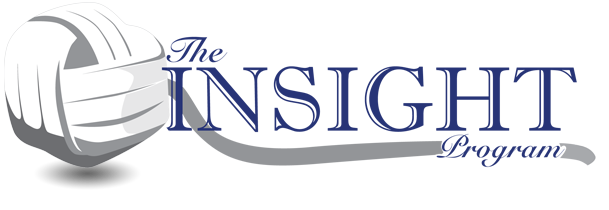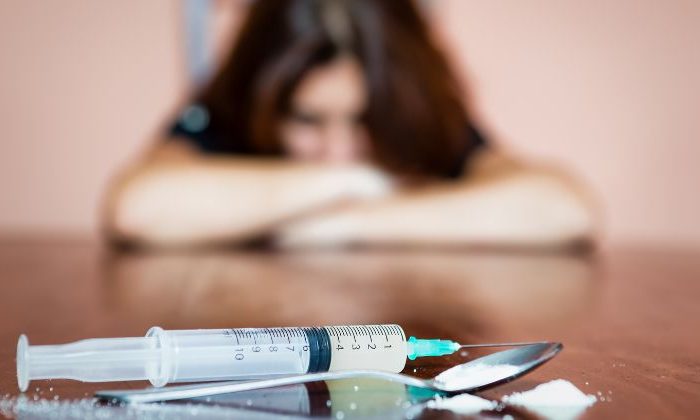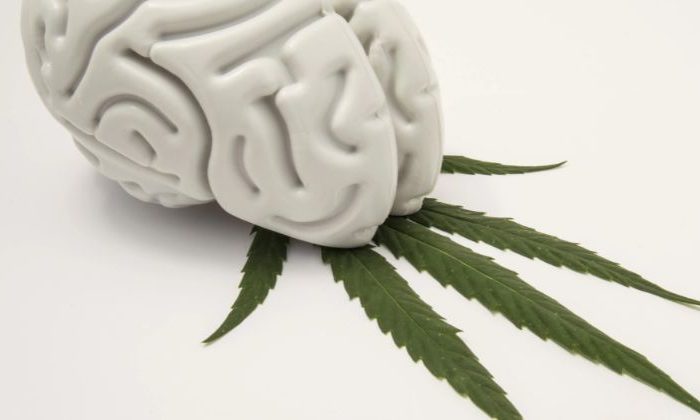Having Fun in Recovery is Indispensable
Over the years, numerous addiction treatment programs and approaches to drug and alcohol recovery incorporated elements of having fun in recovery. Even 12-step recovery in Alcoholics Anonymous (or similar 12-step recovery groups) provide volunteer opportunities and fun outlets to those looking to have a good time with like-minded sober people. But just how important is it to have fun in sobriety? We believe it’s very important, and that’s why we’ve chosen to make it one of the central elements of our program.
Having fun and engaging in enjoyable activities is an important aspect of recovery from substance abuse. Engaging in leisure activities and finding joy in life can improve overall well-being, reduce stress, and improve outcomes for mental health disorders.
Recovering from substance abuse is a challenging and often difficult process, but incorporating fun and enjoyable activities into recovery can be a key factor in maintaining long-term sobriety. In this article, we’ll explore the importance of having fun in recovery, and offer some tips and ideas for incorporating fun into a recovery plan.
Fun in sobriety – optional?
Consider for a minute that when asked why they use drugs, the number one answer given by teens is “to have fun.” Most young people find it hard to justify giving up their main source of “fun” in life for a life they perceive as dull or boring.
It’s important to understand that recovery from substance abuse is a process, not an event. It takes time, effort, and dedication to achieve and maintain long-term sobriety. It’s also important to recognize that recovery is not a one-size-fits-all process; what works for one person may not work for another.
However, one thing that is true almost across the board is that once drugs and alcohol take over a person’s life, they slowly stop participating in activities they love. This is a fact that is backed up by studies, such as this 2016 research paper “Leisure participation, substance abuse disorders, and recovery.” We’ve observed this for years, and it’s one of the reasons that we make sure to ask each new intake about it when they complete an assessment for our program – did you find yourself giving up activities you used to love?
Once drugs and alcohol have taken over a person’s life, the drugs become the source of fun. While substance abusers or addicts are still fun-loving people, there is a huge void in their life when they sober up – they’ve just given up they only source of having fun!
This is why it’s important to replace the perceived “fun” of getting high with other ways to experience joy, pleasure, and satisfaction in life.
Redefining fun
We’ll admit that this headline was taken directly out of this 2015 paper, “Relapse Prevention and the Five Rules of Recovery”, which does an excellent job of discussing some of the elements of addiction that we see on a day to day basis. Namely, the paper calls out one of the primary fears of an addict getting sober – that life after drugs won’t be fun anymore, and they will become a boring person.
One of the primary tasks of a drug abuse program or therapeutic approach is to help the user redefine fun. Whereas drugs, alcohol, or other self-destructive behaviors used to represent fun, we want to help the newly sober individual discover that they can and should have fun after they get sober.
We do this in all sorts of ways, using sober social activities, among other things. We’ve consistently found that in the long term, individuals who continue to participate in weekly sober activities, as well as finding other ways to make sober life enjoyable, have a much higher success rate.
Challenges in recovery
One of the major challenges of recovery is learning to cope with negative emotions and stressors without turning to substance abuse. This is where the importance of having fun in recovery comes in. Engaging in enjoyable activities can provide a sense of accomplishment, help reduce stress, and provide a sense of purpose and meaning in life. It also builds vital social connections, which are indispensable in recovery.
It’s important to remember that having fun doesn’t have to mean spending a lot of money or going out of one’s way to plan elaborate activities. Simple pleasures like spending time laughing with friends and family, going to a movie, or taking a leisurely drive with friends can be just as enjoyable and fulfilling.
Work or play?
It’s also worth noting that having fun in recovery doesn’t mean ignoring the work that needs to be done or avoiding difficult emotions. In fact, we don’t look at it as an either / or choice. Many sources on recovery refer to the hard work that lies ahead. While we don’t disagree that getting sober is hard work, we believe that finding a way to enjoy life is part of the work of recovery, not an ancillary pursuit.
It’s important to continue to engage in the recovery process, including attending support group meetings, participating in therapy or treatment groups, and working on personal growth and self-improvement. Incorporating fun and enjoyment into recovery simply provides us with a reason to continue. With more things to “look forward to,” we’ve simply got infinitely more motivation not to give up and go back to active addiction.
Go have fun sober!
Finally, it’s important to remember that the journey of recovery is not a destination. Be patient and recognize that setbacks and challenges are a natural part of the process. However, by incorporating fun and enjoyment into the recovery journey, we can extend the pink cloud in recovery and increase the chances of maintaining long-term sobriety and finding happiness and fulfillment in life.
The importance of having fun in recovery, especially for young people, cannot be overstated. Incorporating enjoyable activities into the recovery process can provide a sense of accomplishment, help reduce stress, and provide a sense of purpose and meaning in life. It can also help to build self-esteem, confidence, and social connections.







